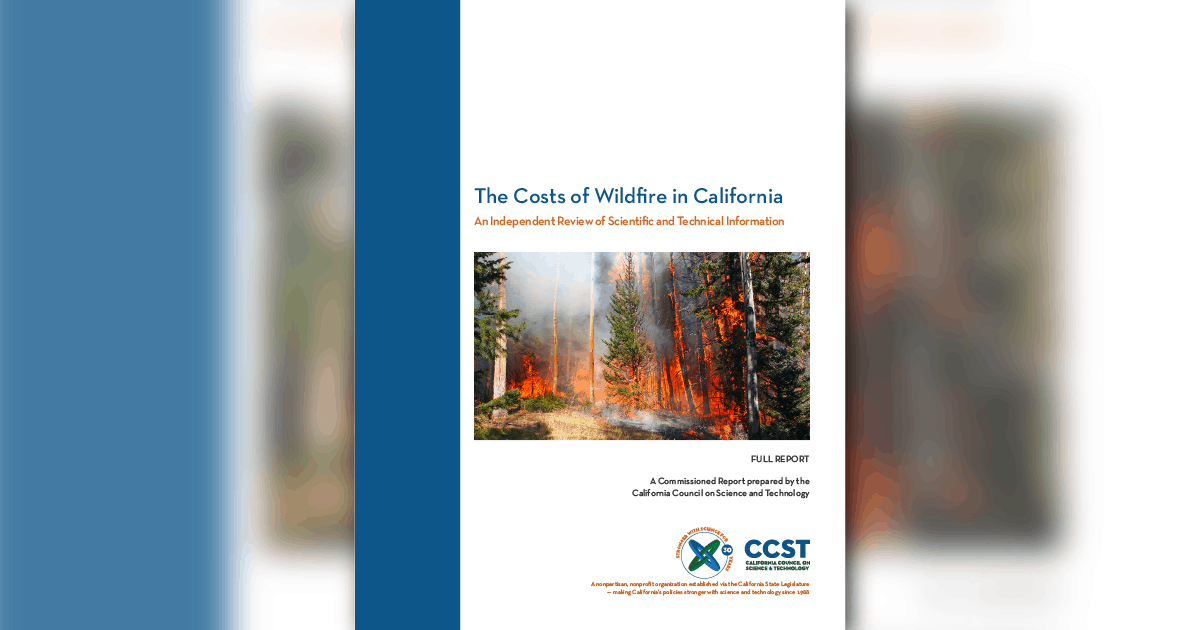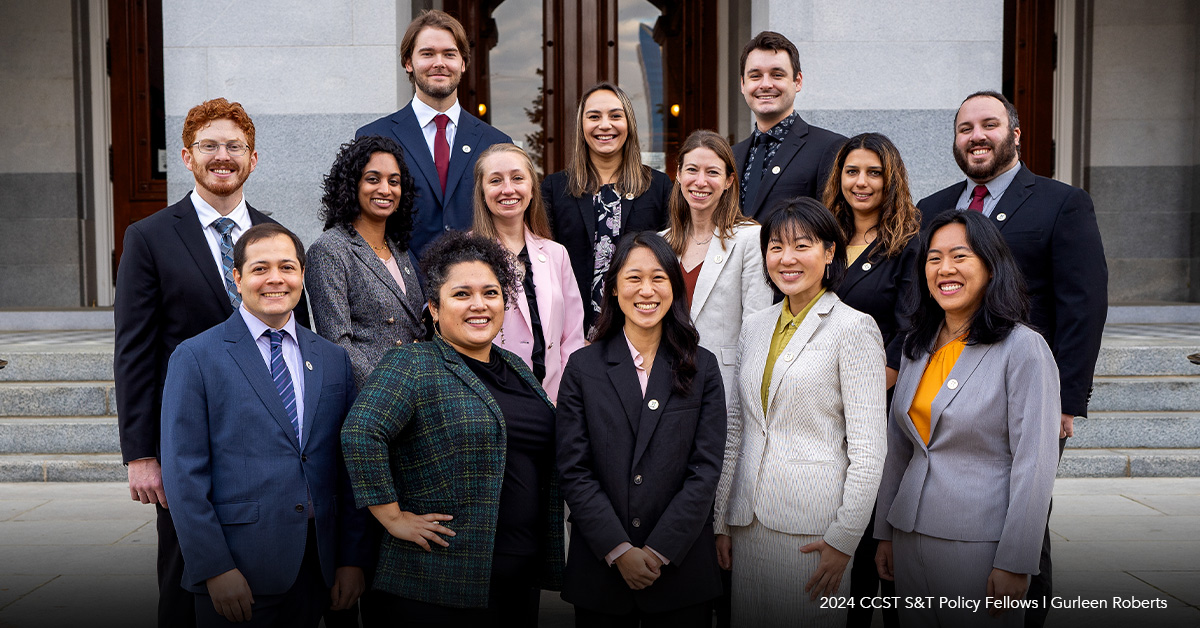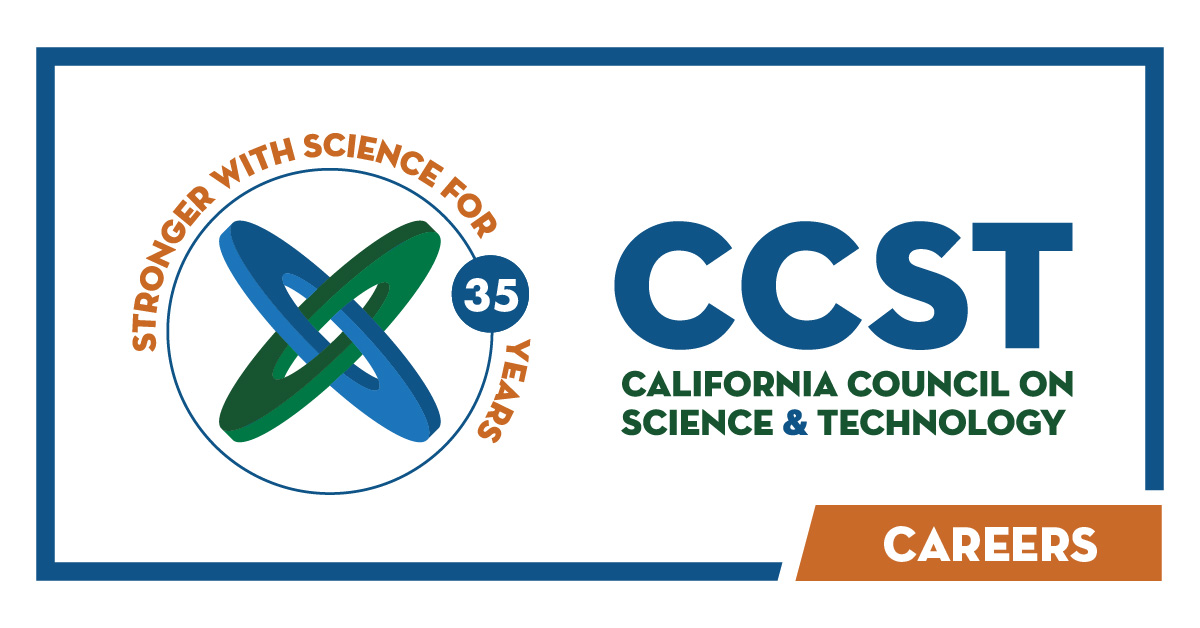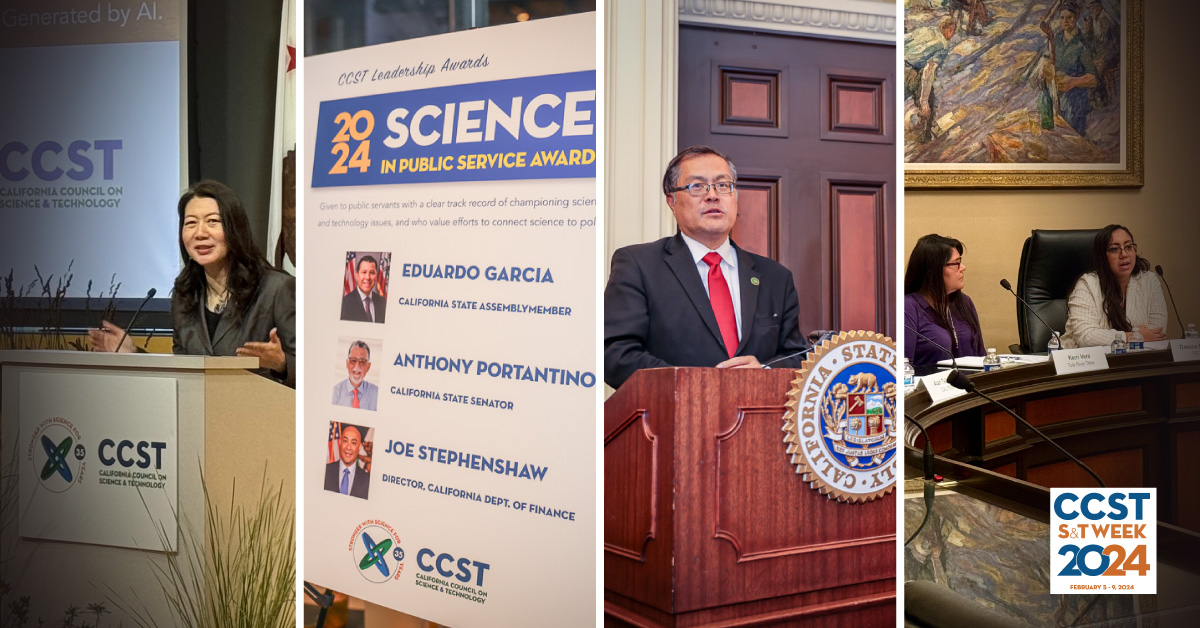CCST Report Assesses the Costs of Wildfire in California
October 29, 2020 | CCST Newsroom, Federal Research in California, Press Releases | Contact: Mikel Shybut

SACRAMENTO, Calif. | FOR IMMEDIATE RELEASE
The California Council on Science and Technology (CCST) has issued the report, “The Costs of Wildfire in California: An Independent Review of Scientific and Technical Information,” along with an executive summary and one pager. All are available for download at this link: https://ccst.us/reports/the-costs-of-wildfire-in-california-2/.
A virtual CCST Expert Briefing for the public will be held on Thursday Oct. 29th from 12:30pm to 1:30 p.m. Pacific Time; please RSVP here to attend. Media can attend a press Q&A following the briefing at 1:45 p.m. PDT, register here. The public briefing will be recorded and posted to our website.
This report, undertaken by CCST and made possible with support from the Gordon and Betty Moore Foundation, summarizes the state of knowledge regarding wildfire losses and their associated costs across key sectors. It challenges the assumptions underlying current fire management policies and proposes a novel framework for understanding the total cost of wildfire in California.
The results of this study suggest opportunities for policymakers to improve the effectiveness of wildfire management in California by enabling regional approaches, increasing investments in mitigation and resilience strategies, and accounting for the cumulative public health impacts of exposure to multiple fire events—including the interacting effects of wildfire smoke and COVID-19. In delivering a comprehensive framework to assess wildfire costs in California, the study finds that a full statewide calculation of wildfire costs is not possible with currently available data. Furthermore, the study finds that the costs associated with unquantified categories of loss (e.g., health impacts, loss of ecosystem services) likely exceed the reported costs. A more accurate accounting may result in more than double the currently reported costs.
Michael Wara, JD, PhD, Director of the Climate and Energy Policy Program and a senior research scholar at the Stanford Woods Institute for the Environment served as chair of the six-member CCST Report Steering Committee, which supervised the two report authors with expertise spanning environmental and energy economics, emergency and disaster response, electricity markets, environmental exposure and the immune system, and the ecological and social impacts of landscape change. Each chapter was subject to a peer-review process by independent experts, while another independent expert served as Report Monitor to oversee the process, ensuring that peer-review comments were sufficiently addressed. An additional Program Committee reviewed the entire process, including conflict-of-interest declarations.
“Wildfire is a challenge that is not going away for California,” says Michael Wara. “We cannot—and should not—eliminate fire from the fire-evolved landscapes that make California an extraordinary place to live, but as California experiences yet another season of record-breaking, costly, and extraordinary wildfire blow ups, the State will need to change its approach to managing wildfire. Our report provides an improved framework for the State and recommendations to move toward sound fire management policy for California.”
The report’s findings and conclusions are based on a review of published literature and publicly available databases, which the Report Authors compiled between December 2019 through August 2020. Key findings and conclusions include:
Management: Wildfire in California presents a complex management challenge, as natural fire regimes are increasingly altered by population growth and the growth of the developed footprint. Wildfire in California can be both beneficial and damaging. It results from a complex mixture of environmental and biological variability, forest and land management, land use development policy, building codes, electric utility policy, and fire suppression. Climate change is an increasingly important factor that amplifies and intensifies wildfire impacts. California is home to a rich diversity of ecosystems each with their own distinct fire regime. The report describes the regional contours of the different fire regimes in California, and how humans influence them in contextually specific ways. The history of fire management in the US teaches that California will be more successful as a state if it addresses wildfire policy with this ecological and regional context in mind rather than a one-size-fits-all, state-wide approach. The report recommends that as policymakers design contextually appropriate wildfire policy, they must remain attuned to how climate change, land use change, and other human impacts may impact wildfire differently across the diverse regions of the state.
Quantifying Mitigation and Prevention: While wildfire suppression, utility investments, and structure losses are well quantified, understanding the scale of other losses and the cost—and cost effectiveness—of other mitigation and prevention activities will require the measurement of impacts that may range well beyond the geographic boundaries of fire events. In general, the scale, cost and cost-effectiveness of wildfire mitigation measures such as home hardening, defensible space, Public Safety Power Shutoffs, and community- and landscape-scale vegetation management are not systematically tracked. The report recommends that the State create a comprehensive public accounting of relevant programs in order to better understand the costs of wildfire mitigation activities. The State should also consider supporting necessary research to fully assess the cost effectiveness of prevention and mitigation activities to provide an opportunity to compare these investments to costs of suppression and the losses incurred as a result of wildfire. This accounting should explicitly consider ecosystem and natural resource values as well as structure values.
Housing Development and Structure Loss: The location and pattern of housing development is one of the most important factors explaining structure loss in wildfires. The State should evaluate land use planning and urban development as an alternative strategy for preventing structure loss and increased ignitions in wildland areas.
Tracking Public Health Impacts: Public health impacts from wildfire are substantial and likely to be significantly underestimated. Aside from injuries or deaths due to heat exposure from fires, these impacts are not systematically tracked in the State. Available evidence suggests that pulmonary and cardiovascular outcomes from wildfire smoke are the most significant cause of morbidity and mortality and may have both acute and long-term consequences. In order to understand the full costs of wildfire and the potential public health benefits of mitigation activities, as well as the tradeoffs associated with prescribed fire, the report recommends that the state create a program to systematically track public health impacts from wildfire smoke, especially for vulnerable populations.
A Systematic Approach: Today, policymakers attempt to strike the balance of investment between prevention and suppression without complete information about the overall costs to society or of how alterations to our fire management approach might impact total societal costs. The report recommends that California create and manage a systematic, comprehensive data clearinghouse for wildfire events including wildfire smoke, prevention and mitigation, losses including health, societal and ecological impacts, and associated costs. Models exist for this type of clearinghouse in the CalEnviroScreen and the California Open and Transparent Water Data Platform. Such a clearinghouse could be established via an extension and expansion of the recently established Wildfire Forecast and Threat Integration Center.
Modeled after the National Research Council, which responds to the United States government, CCST responds to requests from California’s State Legislature, the Governor, and State entities, and provides expert advice from California’s scientists and research institutions on public policy issues involving science and technology.
“The recent years of destructive wildfire in California have been devastating. CCST is proud to deliver this report and are grateful to the Moore Foundation for supporting this exceptional team of experts who have provided an improved framework for the State of California to manage wildfire,” says CCST Executive Director Amber Mace, PhD. “This report draws on a wide range of expertise and uses a rigorous process to deliver a science-based assessment that will inform State deliberations on this complex public policy issue for years to come.”
###
About the California Council on Science and Technology
The California Council on Science and Technology is a nonpartisan, nonprofit organization established via the California State Legislature in 1988. CCST engages leading experts in science and technology to advise state decision makers ― ensuring that California policy is strengthened and informed by scientific knowledge, research, and innovation. Find CCST on Facebook, Twitter, and LinkedIn. Discover how CCST makes California’s policies stronger with science at ccst.us.
The Costs of Wildfire in California Project Page:
https://ccst.us/reports/the-costs-of-wildfire-in-california/
Speakers Scheduled for October 29 Press Webinar and Public Briefing:
Michael Wara, PhD, JD
Chair, Steering Committee
Dir., Climate and Energy Policy Prog.
Stanford University
Amber Mace, PhD
Executive Director
California Council on Science and Technology
Lead Authors:
Teresa Feo, PhD
Senior Science Officer
CCST
Samuel Evans, PhD
Asst. Adj. Professor of Public Policy
Mills College
Full Steering Committee:
Michael Wara, PhD, JD
Chair, Steering Committee
Dir., Climate and Energy Policy Prog.
Stanford University
Judson Boomhower, PhD
Asst. Prof., Economics
UC San Diego
Kate Dargan
Co-Founder, Board Chair
Intterra
Peter Larsen, PhD
Res. Scientist and Dep. Group Leader
LBNL
Mary Prunicki, PhD
Dir., Air Pollution and Health Res.
Sean N. Parker Center for Allergy & Asthma Research, Stanford
Alexandra D. Syphard, PhD
Chief Scientist
Vertus Wildfire Insurance Services






